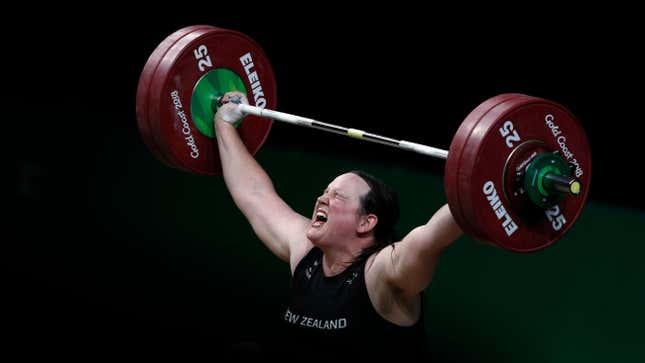The International Olympic Committee Is Finally Advocating for Trans and Intersex Athletes
With its new inclusion guidelines, the IOC will no longer mandate testosterone testing for trans women...but leaves enforcement up to the individual sports.
EntertainmentEntertainment

While 2021 has seen the devastating rise of transphobia, it has still been a promising year for trans rights: The International Olympic Committee has announced new guidelines that no longer require trans women athletes to undergo hormone therapy or “medically unnecessary treatments” to be eligible to compete, because there is “no presumption that athletes should have an advantage due to their transgender status.”
From an organization that distributes messaging to nearly every country in the world, that’s a powerful denouncement of the discrimination that permeates nearly every level of American sport today—the impact of which should not be understated.
Given that the HRC reported 2021 as the deadliest year on record for trans and nonbinary people, with over two thirds of the victims identified as Black trans women, the new guidelines are sorely needed. And, as nearly three dozen anti-trans bills were introduced in the US in the last year, many of which would require trans girls to provide “proof” of their sex in order to participate in high school sports, the framework’s decisive language could drastically change the lives of trans girls across the country, who are experiencing much of the same discrimination and harassment as trans Olympic athletes.
-

-

-

-

-

-

-

-

-

-

-

-

-

-

-

-

-

-

-

-

-

-

-

-

-

-

-

-

-

-

-

-

-

-

-

-

-

-

-

-








































